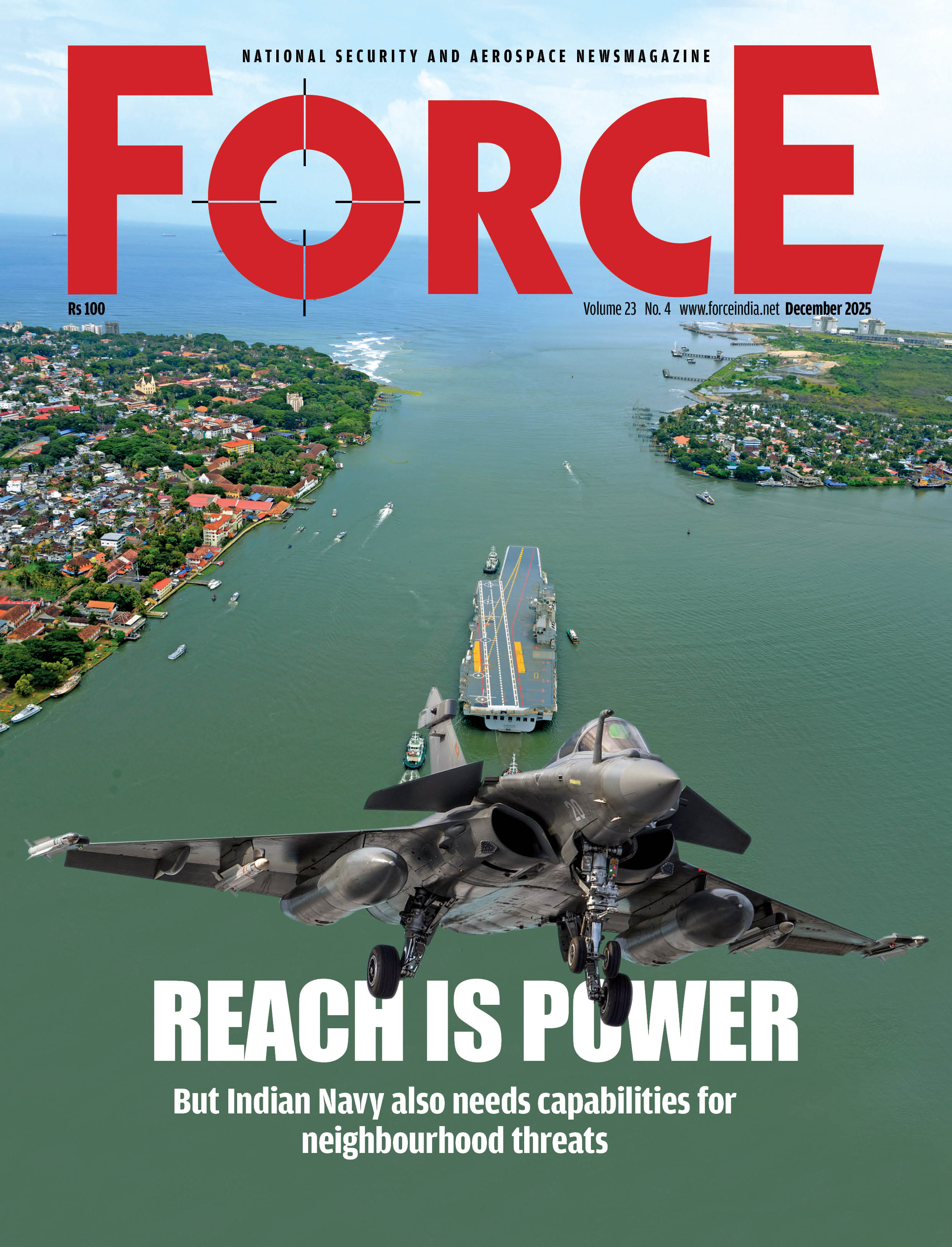First Among Equals
How the presence of a US citizen saved 3,000 CAR citizens from a massacre. An extract
Anjan Sundaram

Bouca’s restaurants were shut. And we were about to cut up a few tomatoes, bananas, and mangoes for dinner, when Angeline invited us to dine with her and the doctors, in a room reserved for the nun’s guests.
The Doctors without Borders team leader was a Quebecois surgeon named Berthier. “Hassan is high on ketamine,” he told me.
I asked what that was.
“A white crystal stimulant that makes him manic.”
Berthier had tried to save Hassan’s former commander, James, who the rebels had shot in the liver some weeks before. At one point, James had looked up at Berthier, and said, “Doctor, I think I’m going to die.” Berthier said, “When people have that premonition, death is very close.” He had then only diminished James’s pain. It was like a missionary’s work.
The church staff had laid out a buffet of salad, boiled vegetables, pasta, and a fish. We ate behind a closed door, away from the gaze of the hungry people in the yard. Angeline said benediction. “The soldiers killed 180 the last time, and even the Pope could not stop them. Give us courage for tomorrow.”
The church’s gates creaked. Men crept out carrying their bags. But the majority of people here behaved as if Hassan had not come by that morning. They cooked their meals and rinsed their plates, which they stacked up neatly for use the next day.
On my post-dinner walk through the grounds, I met a mother who asked me for medicine. “My nine-month-old girl Mirabelle has a fever,” she said. I gave her half a paracetamol tablet, and asked why she stayed.
“Soldiers have burned our homes and the bush,” she said. “I have nowhere left
Subscribe To Force
Fuel Fearless Journalism with Your Yearly Subscription
SUBSCRIBE NOW
We don’t tell you how to do your job…
But we put the environment in which you do your job in perspective, so that when you step out you do so with the complete picture.







